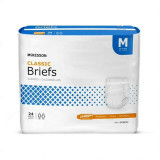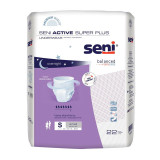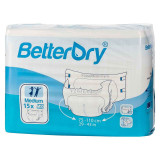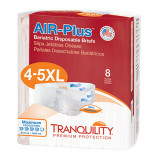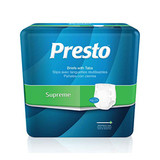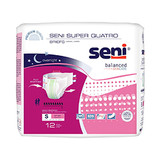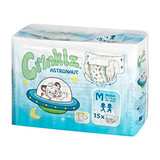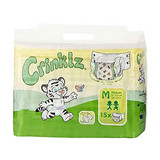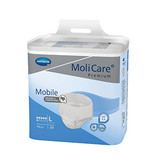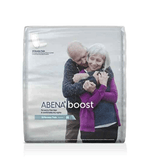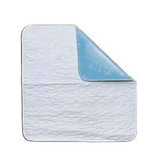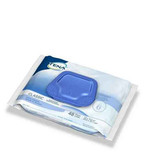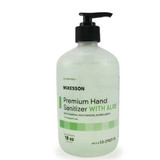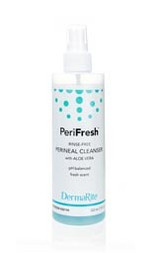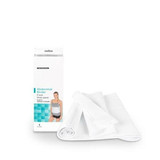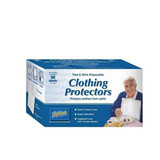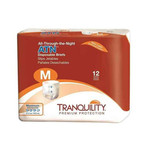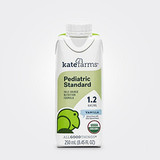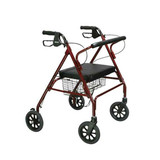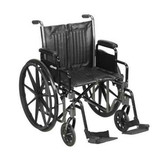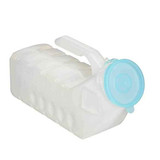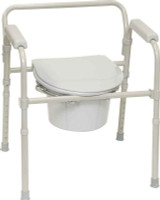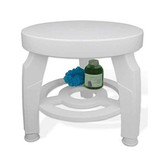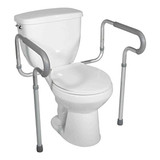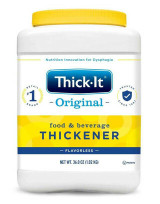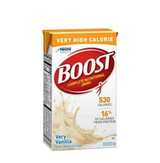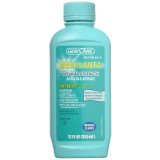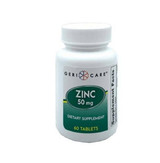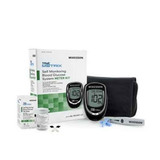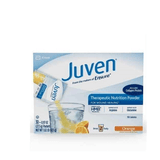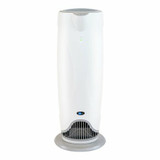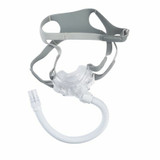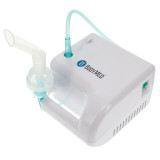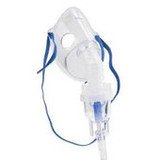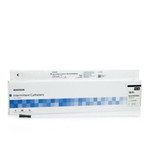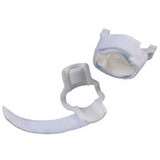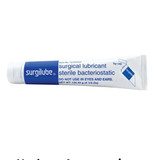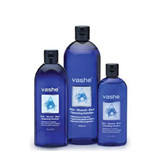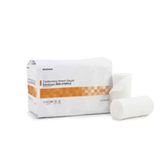
Holistic Nutrition for Aging Well – Synergize Normal Diets and Supplements
In the US in 2020, the average person lived almost 50% longer than his 1920 counterpart. In numbers, life expectancy now stands at 78.81 compared to 53.22 in 1920. In 1970, you expected to live for 70.36 years. As you can see, the number has increased steadily over the years, although the rate of increase has slowed. This may mean we can assume that life expectancy will continue to rise, albeit at a progressively slower rate. There is also probably an upper limit to how old any human can get.
While medical technology has a lot to do with this, the role that nutrition has played can never be discounted. We know so much more about food nowadays. We understand much better what our bodies need and which foods we can get it from. We also know what we should be avoiding, and, as a result, many humans are much healthier than they would have been a century ago.
But nutrition is neither good nor bad just by itself. That depends on the choices we make throughout our lives. These choices become much more important as we get older because aging changes the way our bodies absorb and utilize nutrients. We need to adopt progressively more holistic nutrition, as a regular diet alone may no longer be sufficient for an older person’s needs.
The Importance of Supplements to Prevent Malnutrition
In a report published in the National Library of Medicine (NLM), author Kristina Norman asserts that “Age in itself is an established non-modifiable risk factor for malnutrition.” Malnutrition is, therefore, a health issue attributable to aging. According to this report, also in the NLM, estimates of the prevalence of malnutrition among the elderly range from 13% to 54%.
Besides visible limitations like joint pain, decreased mobility, or cognitive decline that make cooking more difficult, loss of appetite is another serious nutrition challenge for older people. This can be caused by loss of taste and smell or difficulty chewing or swallowing. Holistic nutrition plans with meal supplements and replacements such as thickeners or pureed foods are invaluable in these cases.
It’s advisable to seek a nutritionist or medical professional’s advice on the use of supplements to ensure that a patient’s specific needs are met. They may perform tests to pinpoint specific vitamins or minerals that are deficient. Of course, the underlying causes must be investigated as these issues are sometimes temporary,
Essential Nutrients
Age brings about changes in our nutritional requirements. For example, we tend to start losing muscle mass, increasing the need for protein. Or we become more at risk of heart disease, so we should increase our intake of omega-3 oils. Let’s discuss some of the specific nutrients older people should focus on for an holistic nutrition strategy.
Vitamin D. Known as the "sunshine vitamin," Vitamin D is essential for bone health and immune function. It can be obtained from sunlight, fortified foods like milk and cereals, or supplements.
Calcium. Calcium is vital for maintaining strong bones and teeth, especially as we age and bone density decreases. Good sources of calcium include dairy products, leafy greens like kale and broccoli, and fortified foods.
Omega-3 Fatty Acids. Omega-3s have anti-inflammatory properties that can benefit heart health, brain function, and joint health in seniors. Fatty fish like salmon and mackerel, flaxseeds, chia seeds, and walnuts are good sources.
Vitamin B12. This is important for nerve function and production of red blood cells, which can decline with age. You find Vitamin B12 in animal products like meat, poultry, fish, eggs, and dairy or through supplements.
Magnesium. Magnesium is essential for muscle function, heart health, and bone strength. Foods rich in magnesium include nuts, seeds, whole grains, dark chocolate, and leafy greens.
Vitamin C. As an antioxidant nutrient, Vitamin C supports immune function and skin health while facilitating iron absorption from fruits and vegetables.
While it's best to obtain essential nutrients through a balanced diet rich in fruits, vegetables, whole grains, and lean proteins, a holistic nutrition strategy incorporating dietary supplements is often required by those who have difficulty meeting their nutrient needs through food alone.
Choosing Nutritional Supplements
Selecting nutritional supplements to prevent malnutrition and health issues for older adults is not just a matter of picking up a bottle of multivitamins every month. Their vitamin and mineral requirements may vary depending on factors like age, existing health conditions, medication use and dietary restrictions. Consult with a healthcare provider or a nutritionist to assess deficiencies and tailor a personalized plan that provides the correct nutrients in the proper quantities.
In many countries, nutritional supplements are unregulated or regulated differently than food and healthcare products. Therefore, it is essential to choose products whose manufacturers adhere to strict quality control standards. Look for brands that have third-party certifications, such as NSF International or USP Verified, which can assure product purity and potency.
Nutritional supplements are valuable for addressing nutrient gaps and supporting healthy aging, but you must remember that everything we put into our bodies has some effect, either on its own or in conjunction with something else. That makes it essential to understand the potential drawbacks and safety considerations.
One such concern is the risk of overdosing on certain vitamins, particularly fat-soluble vitamins like A, D, E, and K. These vitamins are stored in the body's fatty tissues, and excessive intake can lead to toxicity. Never use these vitamins unless prescribed by a healthcare professional, and always adhere to the recommended dosages.
There is also the potential for drug interactions. Some supplements can interact with medications, affecting how they are absorbed or metabolized by the body. This can reduce the effectiveness of the medication or even cause adverse side effects. To ensure safety, it's crucial to disclose all medications (prescription and over-the-counter) to your doctor so that they can recommend alternative supplements if necessary.
Conclusion
While supplements are a convenient and cost-effective way to resolve nutrient deficiencies, they aren’t a silver bullet for healthy aging. They can only augment but not replace a balanced and nutritious diet. This is the key to a holistic nutrition strategy. Focus on consuming a variety of whole foods rich in essential vitamins, minerals, and antioxidants while using supplements strategically to address specific nutrient deficiencies identified by a healthcare professional.
If you’re still in doubt and need a personal touch, the team at LL Medico can assist. We have over 25 years of experience in senior care products, and we stock a wide range of quality nutritional supplements at competitive prices. We can also assist with other senior requirements like over-the-counter medications or adult diapers. Call us today at (855) 422-4556 or email [email protected].








